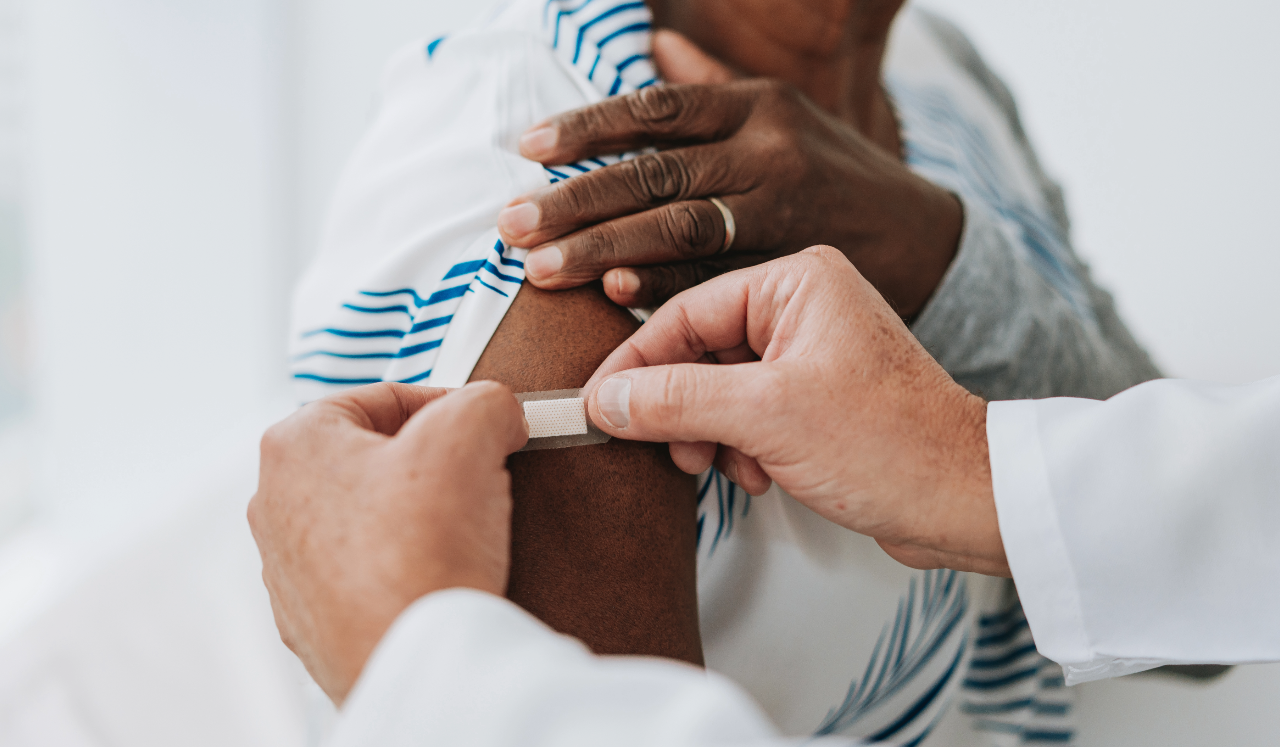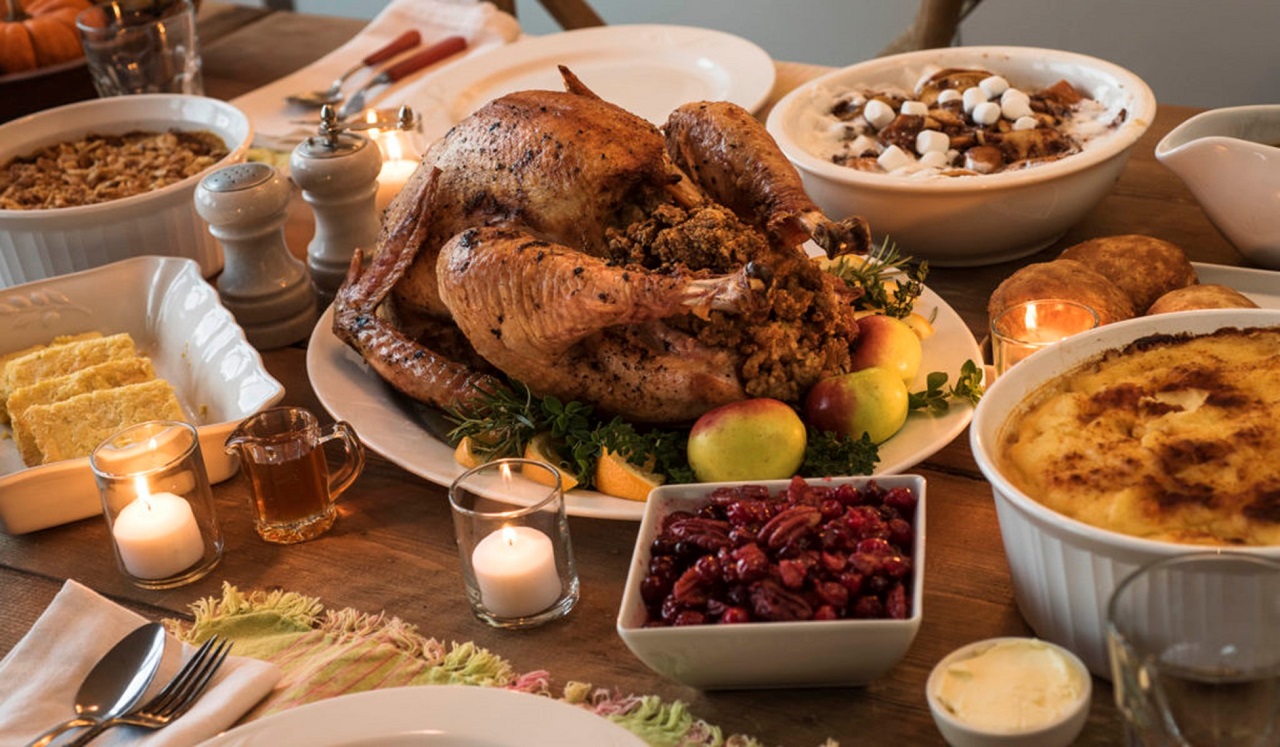With flu and COVID-19 still at large, it’s easy to forget about RSV.
The respiratory syncytial virus can cause coughs, headaches, runny noses, fever and muscle pain. Symptoms peak in seven to10 days, and those infected are contagious for two weeks. Most manage it and get over it at home during that time.
But RSV can be even more harmful to infants and adults over 60, causing labored breathing and inflamed lungs. Such symptoms result in 160,000 Americans being hospitalized for the contagious virus annually.
“It’s definitely something to take seriously, especially if you have underlying conditions such as diabetes, hypertension, morbid obesity, chronic bronchitis or lung and kidney disease,” says Dr. Christopher Anyakorah, MD, MPH , family medicine physician at Memorial Hermann Medical Group (MHMG) Central Pearland.
“You’re also at high risk if you’re over 60 and smoke. Smoking exposes you to lung issues and pneumonia.”
You can catch RSV by breathing in germs from others’ coughs or sneezes as well as close contact with someone who’s infected and by touching contaminated doorknobs or other hard surfaces and then touching your face.
The best way to protect yourself and others from contracting RSV, flu, and COVID-19 viruses is to get vaccinated.
The U.S. Centers for Disease Control and Prevention has approved two RSV vaccines for adults: RSVPreF3 (Arexvy, GSK) and RSVpreF (Abrysvo, Pfizer). A single shot has been shown to prevent up to 95% of lung and lower airway infections in the most vulnerable, including smokers and those with asthma, kidney disease or chronic obstructive pulmonary disease (COPD).
The vaccine may cause soreness in the injection site, fatigue, headaches and muscle or joint pain, Dr. Anyakorah says.
The vaccine is not limited to more vulnerable older adults, it is available for anyone 16 years and older. “It’s vital that women in the 32nd to 36th weeks of pregnancy get vaccinated,” he says. “Then you pass on antibodies that protect your unborn child for up to two years.”
Talk with your health care providers to see if this vaccine is right for you.
“If you have a mild or moderate cold, with or without fever, you should wait to get the RSV vaccine,” Dr. Anyahorah says. “And if you’re already coughing, the vaccine will compound it. Wait until you’ve recovered before getting the shot.”


